What happened?
‘Everyone in the White House can agree on one thing: Michael Waltz is a f**king idiot,’ a source close to the Trump administration told Politico.
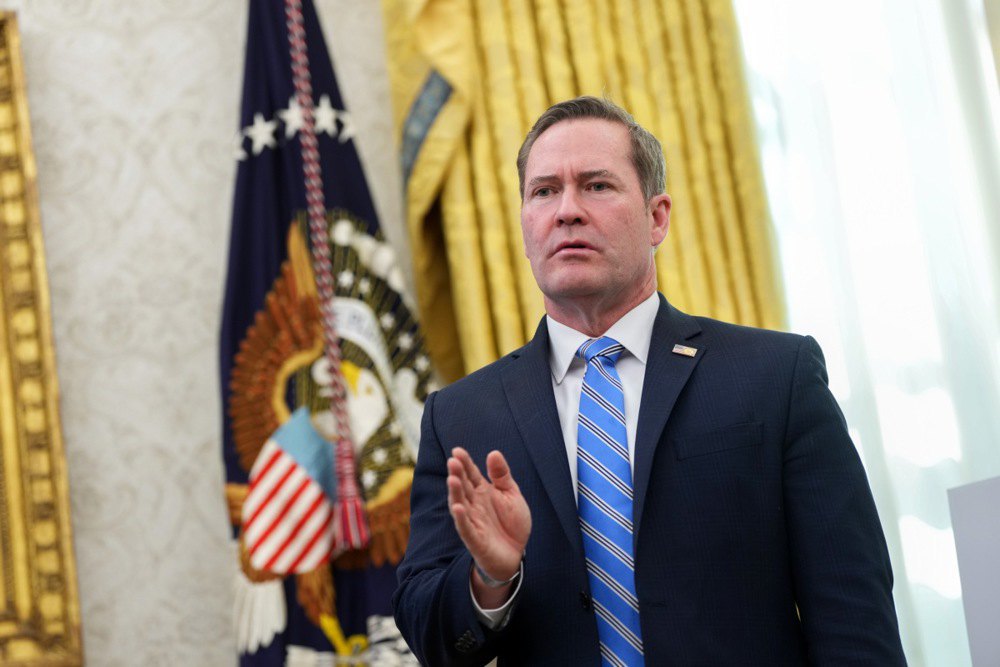
It's hard to disagree. The US National Security Adviser has made the Trump administration look like a bunch of incompetent onlookers discussing national security issues in an unsecured space in the presence of an outsider.
This is how Jeffrey Goldberg described what happened: ‘On Tuesday, 11 March, I received a request to connect to Signal from a user named Michael Waltz. (...) I assumed that the Michael Waltz in question was President Donald Trump's national security adviser.
A minute later, a person identified only as MAR - Secretary of State Marco Antonio Rubio - wrote Mike Needham from the State Department, apparently appointing the current State Department adviser as his representative. At the same time, a Signal user identified as JD Vance wrote: Andy Baker for VP. A minute after that, TG (presumably Tulsi Gabbard, the Director of National Intelligence or someone masquerading as her) wrote: Joe Kent from DNI. Nine minutes later, Scott B - apparently Treasury Secretary Scott Bessent or someone impersonating him - wrote: Dan Katz from the Treasury Department. At 16:53, a user named Pete Hegseth wrote: Dan Caldwell from the Ministry of Defence. And at 18:34, Brian wrote: Brian McCormack from the NSC (National Security Council). Another person replied: John Ratcliffe wrote at 17:24 the name of a CIA officer to be included in the group. I'm not naming him because he's an active intelligence officer.
The directors must have gathered. A total of 18 people were listed as members of this group, including various National Security Council officials; Steve Witkoff, President Trump's representative for the Middle East and Ukraine; Susan Wiles, White House Chief of Staff; and someone identified only as S.M., who I assumed was Stephen Miller (US President Donald Trump's senior policy adviser).’
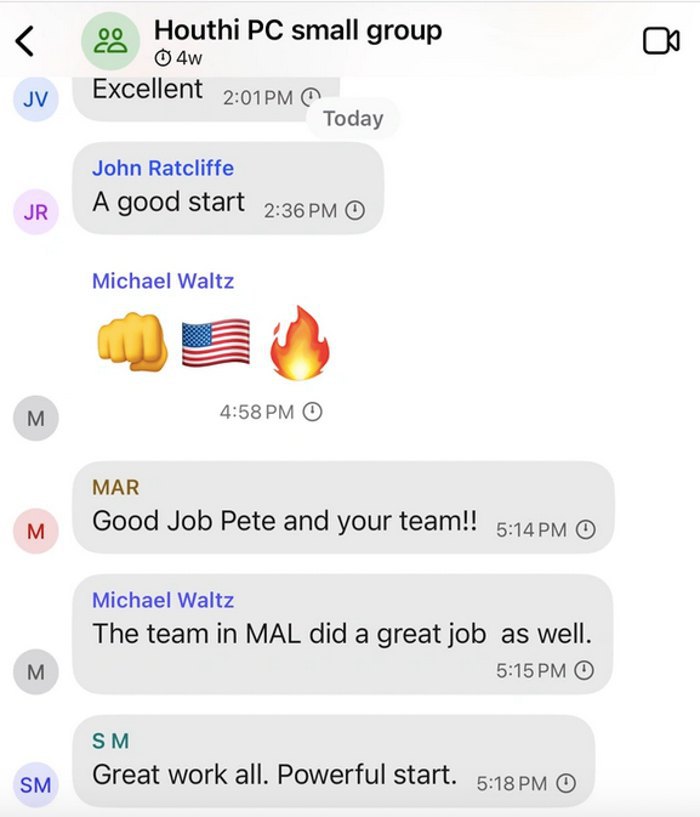
Then the most interesting things began. Top US administration officials are discussing whether to attack the Houthis and how much the Americans are interested in it. In particular, an account labelled JD Vance convinced its interlocutors that there was no point in attacking the Houthis because they were harming trade routes through which only 3% of US trade and 40% of European trade was carried. ‘I just hate bailing Europe out again,’ the caller stated.
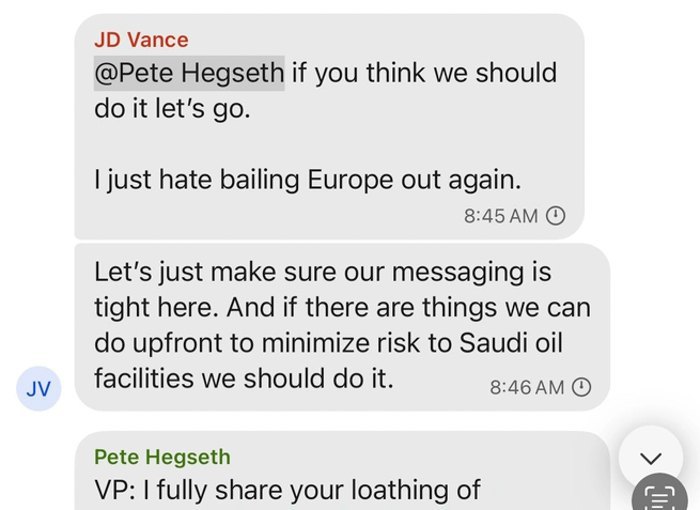
‘I will pray for victory,’ wrote JD Vance in response, with two other users later adding prayer emojis.
White House reaction
After the strikes on the Houthis, Jeffrey Goldberg left the group chat and started asking questions. A few hours later, he received confirmation from a spokesperson for the US National Security Council that the chat messages that the journalist had screenshot and sent him ‘look authentic’.
Later, White House spokesperson Karoline Leavitt said that the National Security Council and the White House were looking into how Goldberg's number ‘was inadvertently added to the chat’. At the same time, she noted that no military plans were discussed in the chat and no classified material was sent there.
CIA Director John Ratcliffe admitted at a Senate hearing that he had participated in the chat, but that his part of the conversation was ‘perfectly valid and legal and did not contain classified information’.

Was it really an accident?
The conspiratorial way of thinking, of course, rules out the possibility of an accidental mistake. Indeed, could a very experienced American politician and expert accidentally add a journalist known for his critical attitude towards Donald Trump to the chat? Moreover, a journalist from The Atlantic, a publication that actively criticises Trump and the Republicans and is owned by Laurene Jobs, a close friend of Kamala Harris. In 2020, it was Goldberg who reported that Trump had called Americans who died in the war ‘losers’ and ‘suckers’. As a source from Trump's inner circle told CNN, ‘You couldn't pick a worse person than Goldberg to add to the chat.’
So everyone will answer the question of randomness for themselves. The answer from the author, who has spent decades observing Ukrainian politicians and top officials, is that he could have. We should not underestimate the inherent negligence of each of us.
What are the consequences?
There will probably be no immediate personnel decisions. Donald Trump's style does not involve admitting mistakes made by himself or his inner circle.
Of course, the investigation into Michael Waltz's alleged breach of security protocols will be formal. Although, according to US experts, he may have violated several provisions of laws governing the handling of sensitive national security information.
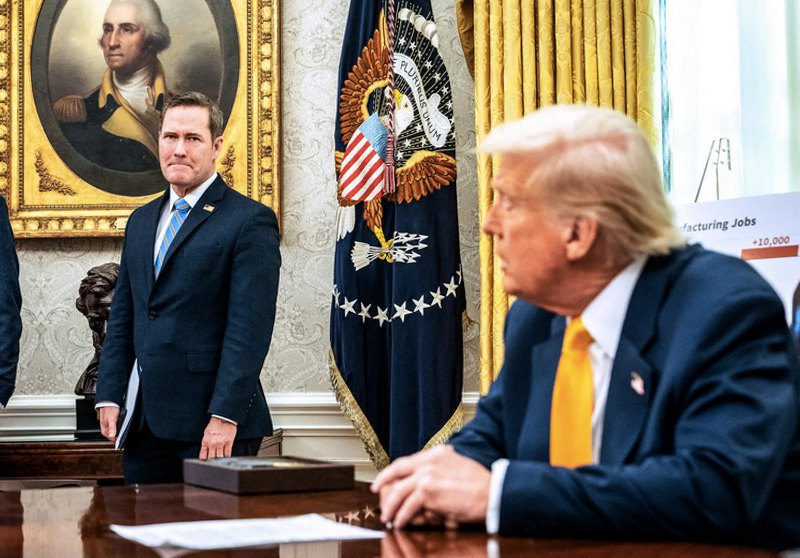
An aggravating circumstance is likely to be the use of personal phones, as Signal cannot be downloaded to official gadgets. At the same time, all officials, without exception, have sophisticated smartphones and laptops with secure communications equipment installed.
The EU has heard everything: ‘I just hate bailing Europe out again’
According to European media and off-the-record EU diplomats, the discussion in the Signal chat room has further confirmed that the US administration's dismissive attitude towards Europeans is not just a public posture to entertain the electorate. It is a worldview.
‘I just hate bailing Europe out again,’ JD Vance wrote in the chat, suggesting that the strike on Houthi targets should be suspended because it would hurt Europeans more than the US.
‘I fully share your loathing of European freeloaders. It's pathetic,’ the defence minister replied.
Another official suggested that the Europeans should be billed.
The message was undoubtedly heard in Europe.
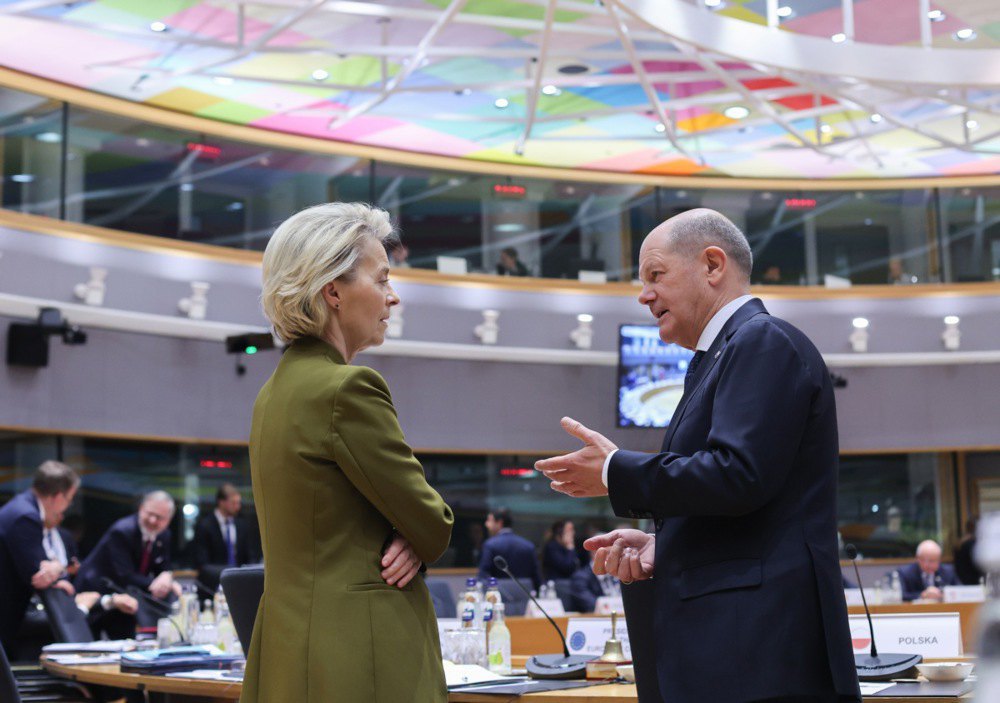
Why Signal?
‘There are so many good reasons to be on Signal. Now including the ability for the Vice President of the United States to randomly add you to a group chat to coordinate important military operations. Don't miss out on this opportunity,’ Moxie Marlinspike, former chief security officer at Twitter and one of Signal's founders, wrote in an X post.
Signal is one of the most secure messengers that is actively used by authorities and special services around the world. This includes the Defence Forces. Signal uses end-to-end encryption, which means that only the sender and the recipient can read each other's messages. Signal also does not store or transmit metadata, such as time, IP addresses, which makes it one of the most secure messaging systems in the world. Signal also does not share user data with the authorities, and its non-profit status protects it from economic pressure from the authorities.
‘You can, of course, run Element on your own server, but among the basic services that do not require additional knowledge and resources to use, Signal is the most secure,’ says LB.ua's intelligence community source. 'A significant part of the Defence Forces' working communication is built on Signal in one way or another.’
‘Signal either works for everyone or it doesn't work for anyone. Every military in the world uses Signal, every politician I know of uses Signal. Every CEO I know uses Signal because anyone who has something really sensitive to communicate understands that storing it in a Meta database or in plaintext on some Google server is not good practice,’ said Meredith Whittaker, head of Signal's development company.
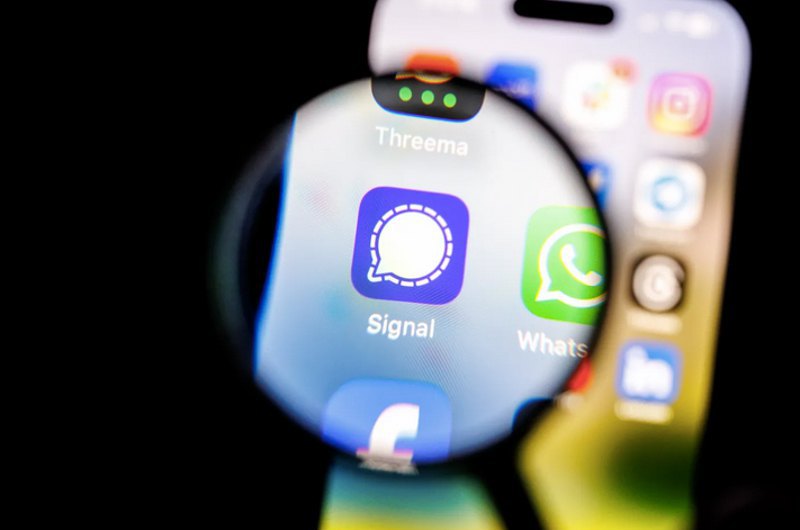
A small clarification from our interlocutors in the cybersecurity sector of the Ukrainian Defence Forces: the desktop version of Signal is much more vulnerable to attackers. Of course, if you are a carrier of important information, you should check the list of gadgets connected to your Signal account at least once every few days.
And most importantly, most leaks are not due to cyber talent of attackers or enemy intelligence officers. They are caused by human error, as in the case of Waltz.
But has this already happened?
Of course it has. And more than once. The neglect of security protocols by top officials is not new.
In 2015-2016, Hillary Clinton, the US Secretary of State, used private email for work-related correspondence. Among other things, 113 emails with classified information were found in her private Gmail account, including eight documents marked Top Secret.
At the time, many of the participants in the Houthi PC Small Group chat room publicly expressed their indignation at Clinton's breach of security protocols.
And in 2023, it emerged that Donald Trump had kept at least 37 classified documents in the bedroom, bathroom and other areas of his private estate in Mar-a-Lago.
Neither Hillary Clinton nor Donald Trump has been punished for their security negligence. It will take years at best to find out who had (or has) access to the messengers of Ukraine's top leadership and under what circumstances.







